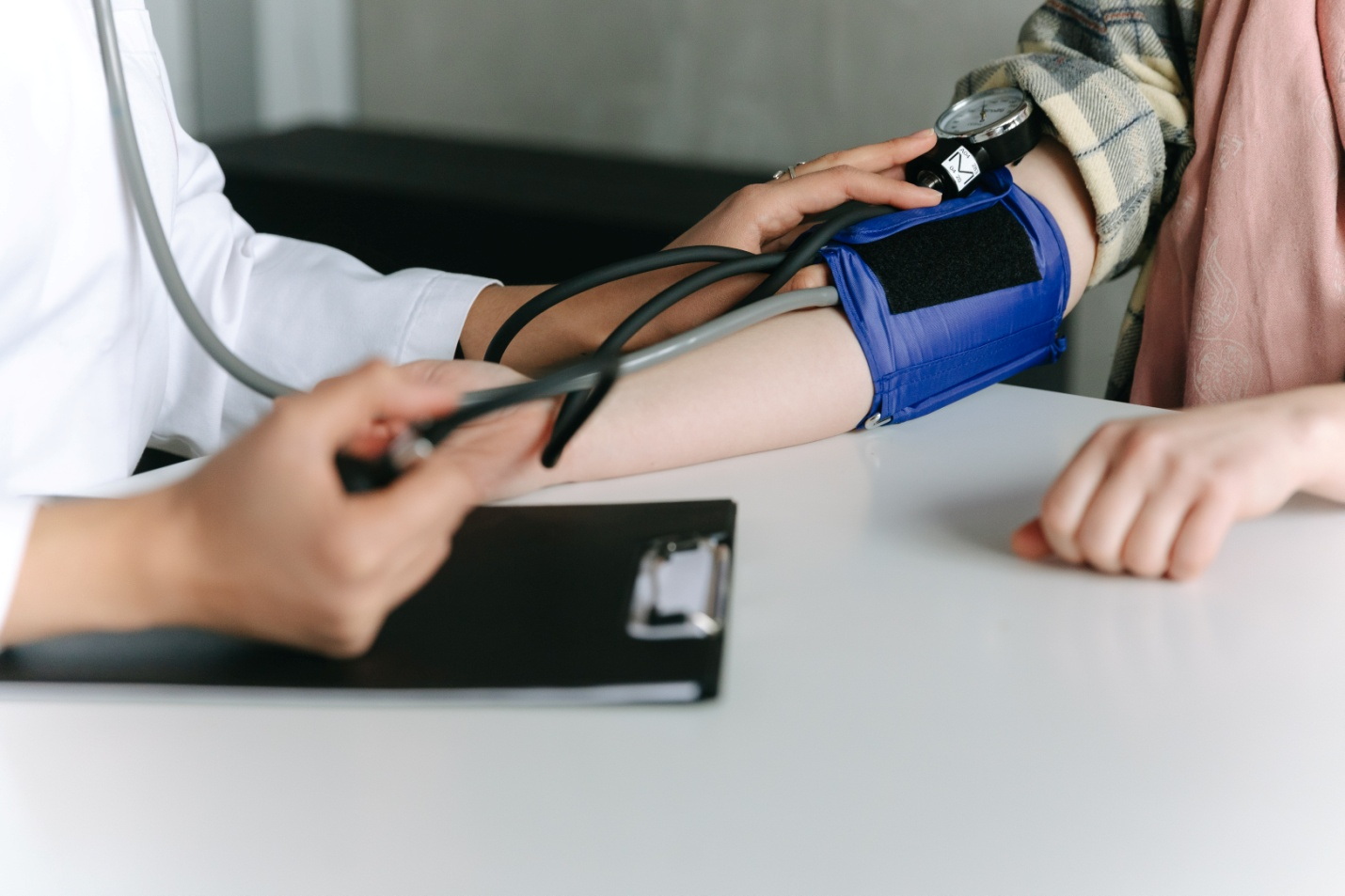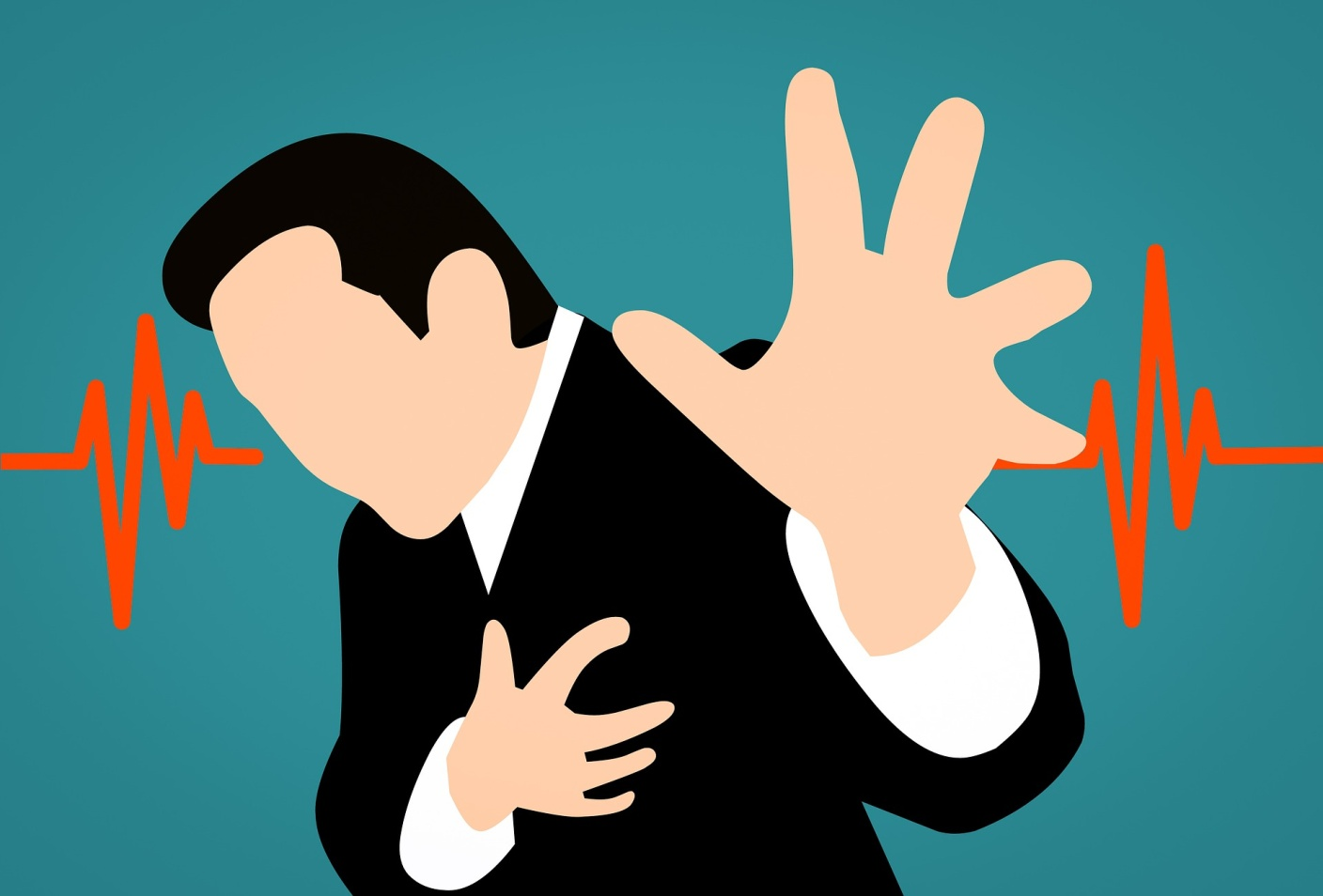Complications of Hypertension

Hypertension or high blood pressure can lead to many complications if left untreated. These complications can range from the relatively minor, such as headaches and dizziness, to the more serious, such as heart attacks and stroke.
In fact, hypertension is one of the leading risk factors for cardiovascular disease. That's why it's so important to check your blood pressure regularly and take steps to control it.
According to the CDC, approximately 116 million Americans deal with hypertension. And while most of them are aware of prevention techniques, not everyone knows the complications it can lead to if you're not careful.
Our virtual doctors at TelMdCare have explored some of the complications associated with hypertension:
1.Damage To The Arteries
Over time, high blood pressure can damage the delicate lining of arteries and overwork heart muscle.
The constant force of high blood pressure can cause the arteries to harden and narrow, a condition called atherosclerosis. This process can gradually slow down blood and oxygen flow to the heart and eventually trigger a heart attack. If atherosclerosis occurs in the arteries that supply blood to the brain, it can cause a stroke.
In addition, people with hypertension are more likely to develop an aneurysm, a balloon-like bulge in an artery that can erupt and cause life-threatening bleeding.
2.Hypertension And Metabolic Syndrome
Hypertension often leads to metabolic syndrome. It is a group of conditions that increase your risk of heart disease, stroke, and diabetes. Hypertension can cause metabolic syndrome by damaging your blood vessels and making it harder for your body to process sugar.
This can lead to insulin resistance, a key component of metabolic syndrome. In addition, hypertension can damage the walls of your blood vessels, making them more likely to rupture. This can lead to serious health problems like heart attacks and strokes.

3.Damage To The Kidneys
One of the lesser-known complications associated with hypertension is kidney disease. Hypertension can cause your kidneys to work harder than normal to filter out excess fluid from the blood. This stress can lead to kidney damage or kidney failure.
Kidney damage is a severe condition that can lead to various other health problems, including anemia, bone loss, and heart disease.
4.Damage To The Eyes
It is a well-known fact that hypertension is a leading cause of heart disease and stroke. But did you know that it can also damage your eyes?
When blood pressure is too high, it can damage the small blood vessels in the retina, also known as the light-sensitive layer of tissue at the back of the eye. This condition, known as hypertensive retinopathy, can lead to vision loss and blindness.
Symptoms may include difficulty seeing at night, blurred vision, and eye pain. If you have hypertension, it's essential to control it with medication and lifestyle changes, such as eating a healthier diet and exercising regularly.
By managing your blood pressure, you can help protect your eyesight.
5.Damage To The Heart
One of the most damaging effects of hypertension is heart damage. When your blood pressure is too high, it puts extra strain on your heart. This can make it work harder than it needs to and lead to the development of heart disease.
When the blood vessels that supply your heart with oxygen and nutrients are damaged, it can cause various problems, including chest pain, arrhythmias, and even heart failure. In other words, hypertension can significantly impact your heart health.
6.Damage To The Brain
Another complication of hypertension that you may not be aware of is dementia. Studies have shown that people with hypertension are more likely to develop dementia than those with normal blood pressure.
While the exact mechanisms by which hypertension leads to dementia are not fully understood, it is thought that high blood pressure damages the brain over time, leading to cognitive decline.
If you have hypertension, it's essential to control your blood pressure and talk to your online doctor about ways to reduce your risk of dementia.

7.Erectile Dysfunction
Yet another complication of hypertension is erectile dysfunction. It can damage the blood vessels in your penis, making it challenging to get or maintain an erection.
Erectile dysfunction can be very frustrating for you and your partner. If you have hypertension and are having difficulty getting or maintaining an erection, talk to your virtual doctor about ways to reduce your risk of erectile dysfunction.
Treatment And Medication For Hypertension
As anyone who has ever been to the doctor knows, high blood pressure is a severe medical condition. If left untreated, it can lead to heart disease, stroke, and kidney failure. The good news is that various effective treatment options are available for hypertension.
Medications such as ACE inhibitors and beta blockers can help lower blood pressure by relaxing the arteries and reducing the heart's workload.
In addition, lifestyle changes such as eating a healthy diet, exercising regularly, and managing stress can also help to bring hypertension under control. With proper treatment, most people with hypertension can live long and healthy lives.

Get In Touch With An Online Doctor
At TelMDCare, we have a team of experienced online doctors who offer online consultation and hypertension medication and treatment. All you have to do is schedule an appointment during hours that work best for you, speak directly with one of our certified virtual doctors who'll resolve your acute and urgent medical needs, and prescribe you medication accordingly. Along with acute ailments, we also treat chronic ones such as hypertension, hyperthyroidism, asthma, depression, and anxiety. See how we work, or contact us today, and we'll help you get started.